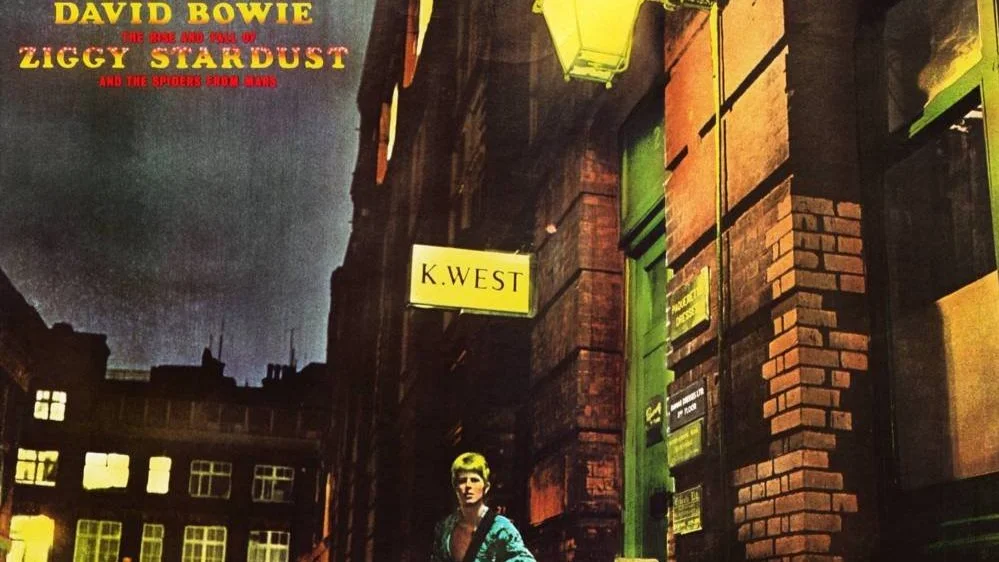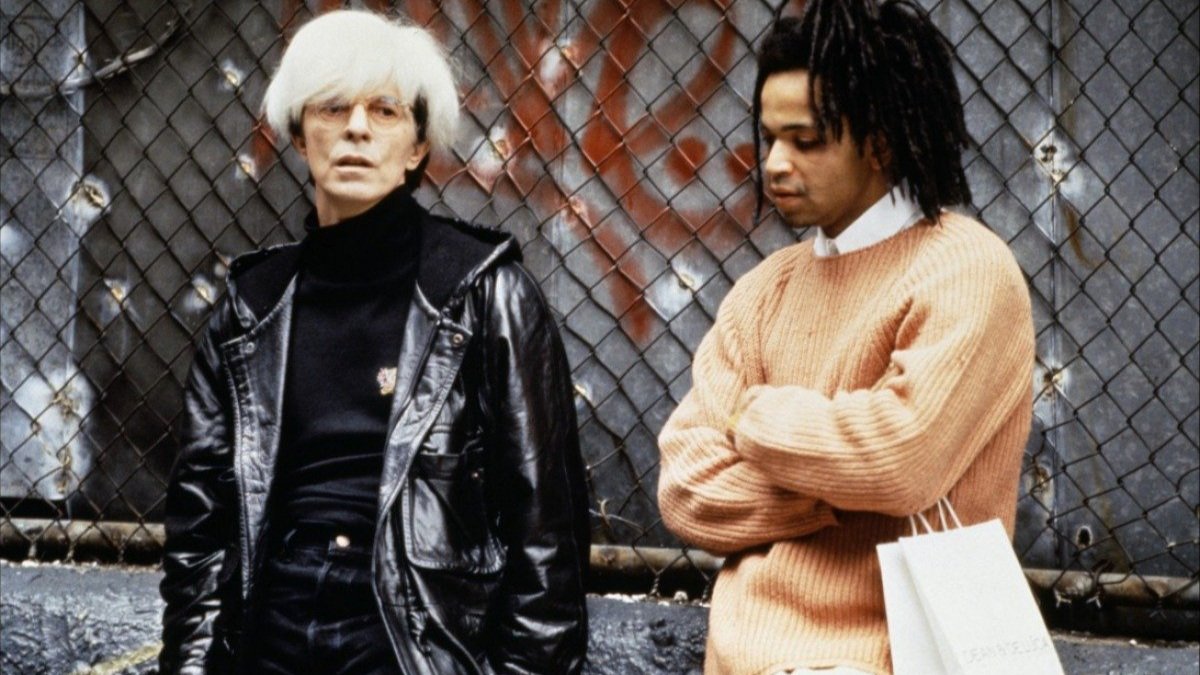Star Man
Hold my wine. Documentarian Brett Morgen peaks with a wildly creative bio of a singular artist, for fans and newcomers alike.
Moonage Daydream
Director: Brett Morgen • Writer: Brett Morgen
Starring: David Bowie
Germany/USA • 2hrs 15mins
Opens Hong Kong September 24 • IIB
Grade: A
It doesn’t matter how old you are. At any time, in any age, there are always a handful of artists that somehow transcend their time and their discipline and leave a mark so indelible that they trickle down to the next time and age. When it comes to music, the 20th century is loaded with the kind of musician-singer-songwriter-performers that stick with us for any number of reasons. Off the top of my head? Sure, The Beatles, because they defined what it meant to be a super-pop group and fucked around with the form enough to earn legend status. Prince and Michael Jackson are the kinds of polymaths that still have an influence today – Prince adding to his musical sway for his unrestrained sexuality. Currently it could be argued Kendrick Lamar was heading in that direction, both for his sonic experimentation and poetic politicism. Umm… the guy’s won a Pulitzer Prize.
Without a doubt David Bowie, who died in 2016, is one of these, and documentarian Brett Morgen’s IMAX (see it in IMAX) portrait of the artist, Moonage Daydream, is a treat for Bowie fans, enlightening for the uninitiated, and the perfect trippy tribute to the legend. The first 20, maybe 25, minutes is a riot of psychedelic colour and OTT imagery that slots in nicely with archive footage from the mid-1970s concerts Bowie was mounting. It’s also a hint at the controlled chaos Morgen wrangles for over two hours that perfectly summarises the self-deprecating humour, creative fearlessness, bottomless genius, and willingness to go there that made the chameleonic Bowie such an artistic force for 40 years. Morgen has opted for woven impressions rather than facts and figures to “tell” us who Bowie was, though it probably doesn’t come close to the whole story. It can’t. But this is a biopic Bowie would have got behind.
In many ways Morgen is the ideal filmmaker to take on a subject this massive. In the past he’s created profiles of primatologist Jane Goodall, in 2017’s appropriately titled Jane, and of notorious Hollywood super-producer Robert Evans in The Kid Stays in the Picture (2002). He’s also tackled music and music history, chiefly in the 2001 series Say It Loud: A Celebration of Black Music in America, and docs about The Rolling Stones and Kurt Cobain. But it may be 2007’s examination of the post-Democratic Convention 1968 trial of the more commonly referred to Chicago Seven, Chicago 10 (2007), that truly laid the groundwork for Moonage Daydream, what with it’s kaleidoscopic collage of archival material, animation and modern music.
Bowie has always been something of an enigma, and so the diffuse, pastiche approach Morgen takes here is really the only one he could have. He floats clips from interviews between performances – roughly in chronological order (skipping the Young Americans phase, dammit!) – from Bowie himself, jettisons the “expert” opinions, commentary and contextualisation, and just lets the music wash over us. In many way that’s the way Bowie presented his work: Here I am in a bright red, one-legged leotard with a star on my forehead. Here I am in a banana yellow suit and pouffy ’80s hair. He never asked permission. He just did it and let the chips fall, always backed up by some of the best songs ever written. Despite the seemingly random tone of the film, pay close attention and you do, in fact, see Bowie grow and mature as a person and as an artist, his own words often the source of that determination. Morgen is so sly in his timeline it almost, almost, slips by. By the time the luminous “Memory of a Free Festival” rolls around to close the film (duh, the soundtrack slaps) you’ll know Bowie better, if still not completely.
Moonage Daydream works because Morgen’s eye for what made Bowie so mesmerising is impeccable. If you’re not totally enraptured by the concert footage he’s compiled you might want to see a doctor. Clearly there’s something wrong. But just as much credit must go to Morgen’s right hand, archival producer Jessica Berman Bogdan, a renowned researcher who’s thrown her considerable skills behind The Bee Gees: How Can You Mend a Broken Heart and Poverty, Inc. among dozens of others. Bogdan’s dug up interview footage, backstage moments, theatrical performances and production snippets that paint such a comprehensive picture of Bowie that the film’s hefty run time occasionally seems too brief. Ultimately Morgen has cobbled together a picture of a man so refreshingly unconcerned about what you think of him, who comes off so incredibly comfortable in his own gay/straight/bi/other/none of the above/all of the above skin it simply underscores how tragic it is he’s no longer making art. Any art. If nothing else, Moonage Daydream demonstrates that all those “next Bowie”s (ahem, Harry Styles is English, it ends there) are not Bowie. It’s also possible that moment has passed, and what we need next is something else. In the meantime we can bask in the glory of the Goblin King. Can Morgen get on Prince, now? That’d be great, thanks. — DEK
More bowie!
The Hunger (1983) d: Tony Scott
Catherine Deneuve and Susan Sarandon vie for Bowie’s affection in Tony “Top Gun” Scott’s ultra-’80s, super-sexy vampire thriller. With Bauhaus!
Duh! Hands down his masterpiece. If you’re starting on Bowie’s music, start here.
Basquiat (1996), d: Julian Schnabel
Artist Schnabel directs artist Bowie as legendary artist Andy Warhol in a biopic of ’80s art sensation Jean-Michel Basquiat (Jeffrey Wright). It’s that meta.






